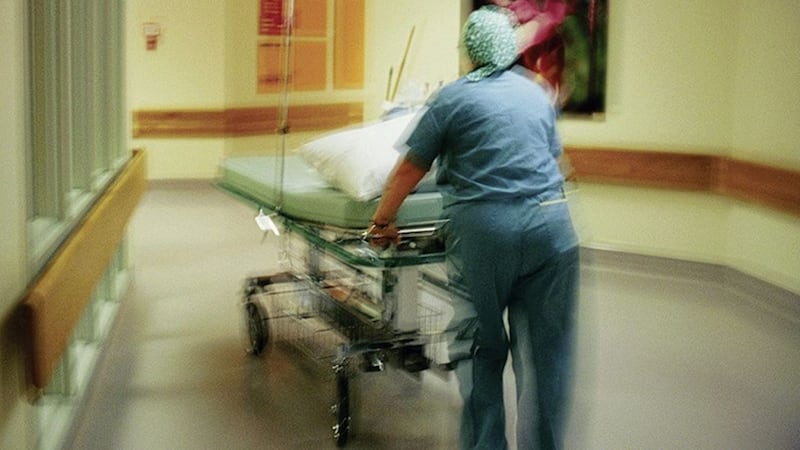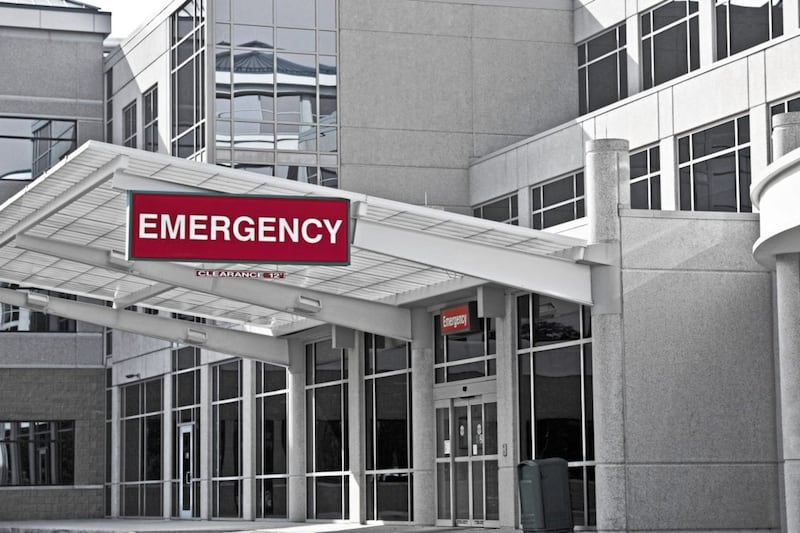EMERGENCY plans required to tackle the health service workforce crisis should include financial incentives to attract more nurses, a leading A&E consultant has said.
Dr Paul Kerr, vice-president of the Royal College of Emergency for Northern Ireland, also expressed concerns that two to three days trolley waits were becoming more common in hospitals and called for the whole system to be overhauled.
The experienced medic said now was the time for an an urgent 'health summit', bringing together professionals from across the acute and community sectors.
His appeal came after the Southern health trust was forced to divert ambulances from Craigavon Area Hospital due to "extreme pressures".
“We need to make preparations for a very difficult winter, there’s no doubt about that. This phase of the pandemic is now the toughest and is likely to keep being so - there are less beds, workforce problems and the Covid situation hasn’t stabilised," Dr Kerr said.
"We need to find a way to free up beds and safely discharge people into the community. From our point of view on the emergency side we are very short of staff, particularly nurses.
"The Royal College of Surgeons was the first to call for a health summit and I fully support it."
Rocketing rates of Covid related staff sickness has also led to major gaps in rotas, which has been compounded by some staff not getting vaccinated.
Last week it emerged that sick leave among nurses was as high as 20 per cent in some hospital wards across the north.
Concerns about vaccination uptake among the frontline also remain, with The Irish News revealing through Freedom of Information requests that as many as one in four nurses were not jabbed in the Southern trust by Halloween.
The figures referred to nursing staff inoculated on their own site and did not include data for those who went to other facilities. This information is not available however.
Dr Kerr added: "Sickness absence is really high and while it is not directly related there is the problem that not as many staff are vaccinated as you would like. So these two things make it really difficult to guarantee the workforce.
"In some areas we just don't have the nurses. Managers will say things to you like, 'we can't open beds because we don't have enough nurses'. We've been hearing that for the last five years. So when we came to the start of Covid situation, we were in a particularly bad situation compared to the rest of the NHS."
With workforce planning the remit of the Department of Health, Dr Kerr said the issue was the most important part of any plan and that more incentives were needed to attract and retain staff.
"Offering preferential pay rates in some areas like nursing could be a solution. We need the workforce supported because there's going to be some tough asks ahead," he added.
"Our waits in emergency departments are getting longer, with trusts witnessing delays in the range of two to three days more commonly now. I don't know how much worse it can get."








